- Learning time
- 120 minutes
- First play time
- 220 minutes
Cuba Libre
Designed by: Jeff Grossman,Volko Ruhnke
Cuba Libre is a heavyweight game that dispenses with fun and frolics and gets straight to the nitty gritty of political manoeuvring, corruption… and open warfare.
The game takes place in Cuba, starting in 1957 just as Fidel Castro’s July26 movement were setting out to oust the Batista regime. Players take one of four factions – July26, the rival moderate left-wing group Directorio, the standing Government, or the Syndicate, whose aim is to gain power through finance rather than popular opinion. Play proceeds via a deck of cards. Each card shows the order each faction may play (may because only two factions play in each round) and a possible Event or two. The active faction can choose to activate an event, or take an operation, potentially along with a special activity. We can’t go through them exhaustively here, but suffice to say they are all about building your strength on the board (a map of Cuba) by adding active forces or bases, or causing all manner of damage to the other factions.
Because of the way the game works, whichever option the first active player opts for defines what the next active player can do, if they don’t pass. And sometimes you’ll want to pass, as not being active this round means you will be in the next round – and vice versa. The card for the next round is on display too, allowing you to plan ahead.
Seeded in the deck are four propaganda cards, and when these become active each player checks for winning conditions, and – if no-one has won – everyone receives some income and gets to hide active guerrillas and spend resources to improve support for the government – or undermine it!
In Cuba Libre each faction has its own unique abilities and a completely distinct set of criteria for winning the game. The Government just needs to have a certain level of support from the population, particularly in the cities. 26July want public opposition, plus a spread of bases across the island. The Directorio need control of a certain amount of areas in the island, and the Syndicate really don’t care about popular opinion at all – they just want to be rich!
The guru's verdict
-
Take That!
Take That!
Plenty, and pretty much all the time. Players are constantly wrestling control from each other in the island's regions and swinging the political support their own way. Early in the game however, the government and the Syndicate make for an uneasy alliance (because they benefit each other) and likewise the 26July and Directorio, starting from a weakened position, can also team up to a degree - the government is so strong at this point that going after each other makes little sense.
-
Fidget Factor!
Fidget Factor!
Moderate to high. In each round only two players will play, and the first player is to an extent making a decision on behalf of the second. Each faction only has four operations (and possibly an event) to choose from, but the game is really all about timing, and turn order.
-
Brain Burn!
Brain Burn!
The interaction on the map is what informs your decisions, as well as the fact that everyone can see what card is coming up in the next round. Familiarity will speed play up, but it's not a light game!
-
Again Again!
Again Again!
The cards come out randomly, you can play different factions, you can also use less cards for a shorter game. You can play with less than four (the game supplies 'bots' that will make decisions for the non-playing factions) but it's at its best with the full complement.

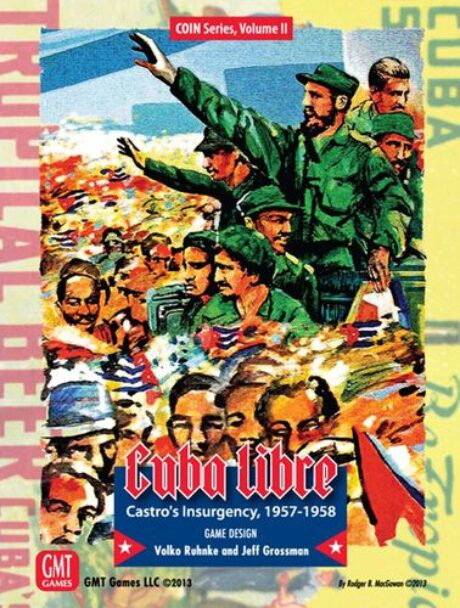
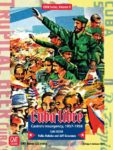
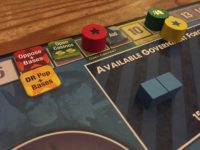
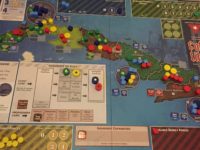
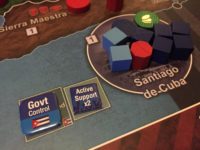
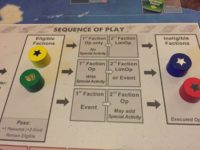
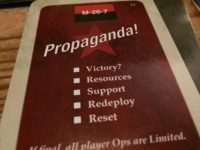


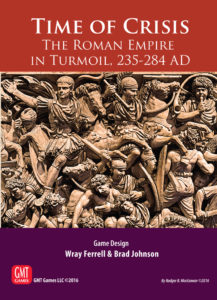
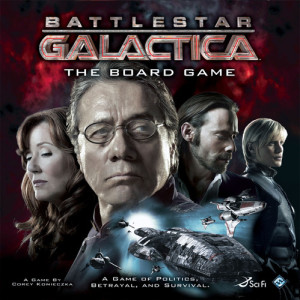
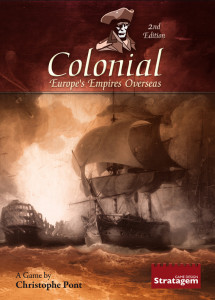
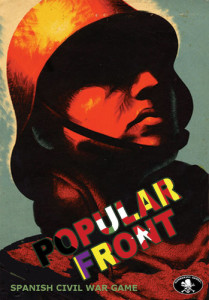
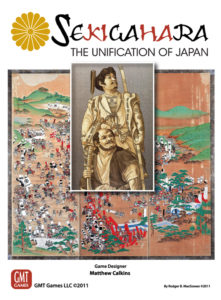
Sam says
Not your typical GNG game, this, as it takes a good while to get your head around the rules - there's four different factions to gen up on, so it can feel a bit like you're learning four different games. And it's not a family activity - unless your (older) kids are into a the idea of a vicious fight; which is what Cuba Libre is, essentially. Ultimately, everyone is the enemy, and every time it's not your turn you're a potential target - especially if you're getting close to achieving your winning objectives! Timing is everything here - if you have the opportunity to take an action this turn, that means you definitely won't be active next turn, so you need to be shrewd about when to to play or pass. That's clever, and the card system was why I really wanted to try the game. The asymmetric operations and objectives also give it a lot of depth. But... the game is long, and there will be pauses for consideration from all players at one time or another. And to really get maximum value from the game, you want to play it a number of times in reasonably close succession, which for me anyway is not easy to engineer. If you've tried and enjoyed Cuba Libre, then the publisher GMT have other games that use the same (COIN) card system.